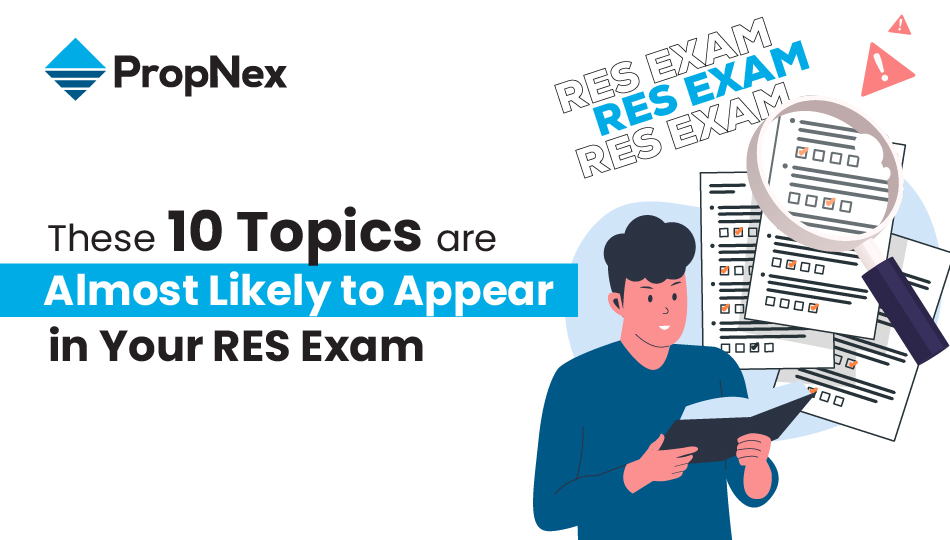Can AI Replace Property Valuers


In this digital age where Artificial Intelligence (AI) has dominated numerous industries, real estate is no exception. We now have the technology advanced enough to get property valuation (and very quickly at that!), which has traditionally been done by humans. So the question is: can AI take over property valuers' jobs?
Well, before we can answer this question, we must understand AI's role in property valuation compared to humans. Let's get right into it.
It's pretty straightforward, property valuation is an assessment of a property's value. It is needed for buying and selling, mortgage approvals, taxation, and investment analysis. So, property valuers, also known as appraisers, would typically assess a property based on various factors. This includes locations, size, condition, market trends, and comparable sales. These professionals use their expertise and knowledge of the market to provide an accurate valuation.
Traditionally, properties are evaluated using these four methods:
Sales Comparison Approach or Comparative Market Analysis
This is one of the most prevalent methods of valuation in Singapore due to the active property market and the availability of comparable sales data. Valuers compare the subject's property to similar properties that have recently been sold, considering factors such as location, size, condition, and amenities.Income Approach
This method is extensively used for valuing commercial properties and investment properties that generate rental income. It involves calculating the Net Operating Income (NOI) and applying a capitalisation rate to estimate the property's value.Cost Approach
Though not as commonly used as the Sales Comparison or Income Approaches, the Cost Approach is still used, especially for newer or more unique properties. This method calculates the value based on the cost to replace or reproduce the property, minus any depreciation.Residual Method
This method is often used for valuing land sale or developments that have been marked for en bloc. It estimates the land value by subtracting the development costs (including profit margins) from the expected completed value of the property. Given Singapore's active real estate development scene, this method is quite relevant.
But now that we have AI, everything changes. AI-powered tools can process vast amounts of data from various sources like historical sales data, market trends, economic indicators, and property characteristics. And because machine learning algorithms are very good at identifying patterns, they're able to predict property values with remarkable accuracy, or at least that's how it's supposed to be. In real life, it's not always that simple.
Take Zillow, a major real estate marketplace in the United States, as an example. They introduced an AI-driven feature called Zestimate, which claims to "use a sophisticated neural network-based model that incorporates data from county and tax assessor records and direct feeds from hundreds of multiple listing services and brokerages".
Basically, they throw in a bunch of big words to convince users that their model is reliable. But, despite having a median error rate of only 2.4% - 7.9%, Zestimate can only be as accurate as the data on their listings. So, if a listing is outdated, or, if a seller inputs the incorrect property details, then the Zestimate of that listing will ultimately be unreliable. And the moment the listing is updated, the Zestimate can change drastically.
Personally, I would say that it's quite ironic how the technology that's supposed to help minimise human errors comes with its own set of errors. But to be fair, Zillow did state that Zestimate is not a proper appraisal.
That being said, many establishments in Singapore have also recognised AI's potential in property valuation. Many well-known companies have their own version of online home valuation. And it seems like it's much more effective and successful in Singapore for several reasons.
Firstly, unlike Zillow where listings can be updated by just anyone, most real estate marketplaces here rely on professional input. Typically, property agents are the ones responsible for both posting and taking down listings on these platforms, making sure that the details are all correct. This means that the data that's being fed into these AI models is more reliable, resulting in more precise valuations.
What's more, transactional data is highly available in Singapore. Even the government maintains comprehensive and up-to-date records of property transactions. For example, URA has records of apartment and condo open listings, which is a crucial database for accurate valuations. AI tools can tap into this database to enhance their predictions.
If you're thinking of selling your home, an online valuation tool is a great way to get a ballpark estimate of your property's worth. It gives you a better understanding of the price range your property could fetch. With a clearer idea (and realistic expectations) of your home's potential value, you can plan your next move, whether it's upgrading, right-sizing, or something else. So this is definitely something you should do before committing to a professional valuation or listing your unit for sale.
And the best part is that it's available 24/7 and it's completely free to use. No need to book appointments or speak to anyone. Simply fill in your property details and get your valuation instantly. It's fast, convenient, and straightforward.
And since our tool draws from the real-time data, including transaction records, the latest market trends, and proprietary insights, the result is pretty damn accurate and reliable. It's not just a mere average.
So if you're getting ready to sell, planning to upgrade, or just curious, there's no better place to start. Go ahead, click here and see what your home could be worth today.
For all the property valuers biting their nails reading through this article, here's the part you've been waiting for. Yes, your service is very much still needed.
Although AI-powered valuation tools do very well in Singapore, human valuers remain irreplaceable. While AI can analyse quantitative data with high precision, humans bring unique skills, experience, and contextual understanding to the table, elements that AI cannot fully replicate.
For one, human valuers understand the nuances that can impact property values. This includes location, overall condition of the property, surrounding amenities, school districts, upcoming developments, economic shifts, and market disruptions. Not to mention subjective factors like architectural or interior design, renovations done, materials used, historical significance, superstitious beliefs, and other buyer's sentiment.
Human valuers can easily adapt to these ever-changing factors and adjust their valuations accordingly, whereas AI may struggle to keep pace. Achieving such a level of expertise takes years of experience and cannot be entirely captured by AI algorithms.
Moreover, in many jurisdictions including Singapore, legal and regulatory frameworks mandate that property valuations be conducted or verified by licensed professionals. This ensures that valuations adhere to established standards and practices, providing a layer of accountability that AI systems alone cannot offer. Human valuers are trained to provide assessments that are both legally compliant and professionally sound.
AI may not have taken over the property market, but as it continues to evolve, its role in property valuation is set to expand further. Having AI to automate data collection and analysis can reduce human error and increase efficiency. But ultimately, it still needs human inputs and oversight to yield reliable results, especially when it comes to complex cases or unique properties.
And although it's unlikely that AI will ever replace humans, they will undoubtedly be a useful tool for everyone, not just professional valuers. As the real estate market continues to embrace technological advancements, AI (with the help of humans) will definitely shape the future of property valuation.
Views expressed in this article belong to the writer(s) and do not reflect PropNex's position. No part of this content may be reproduced, distributed, transmitted, displayed, published, or broadcast in any form or by any means without the prior written consent of PropNex.
For permission to use, reproduce, or distribute any content, please contact the Corporate Communications department. PropNex reserves the right to modify or update this disclaimer at any time without prior notice.














